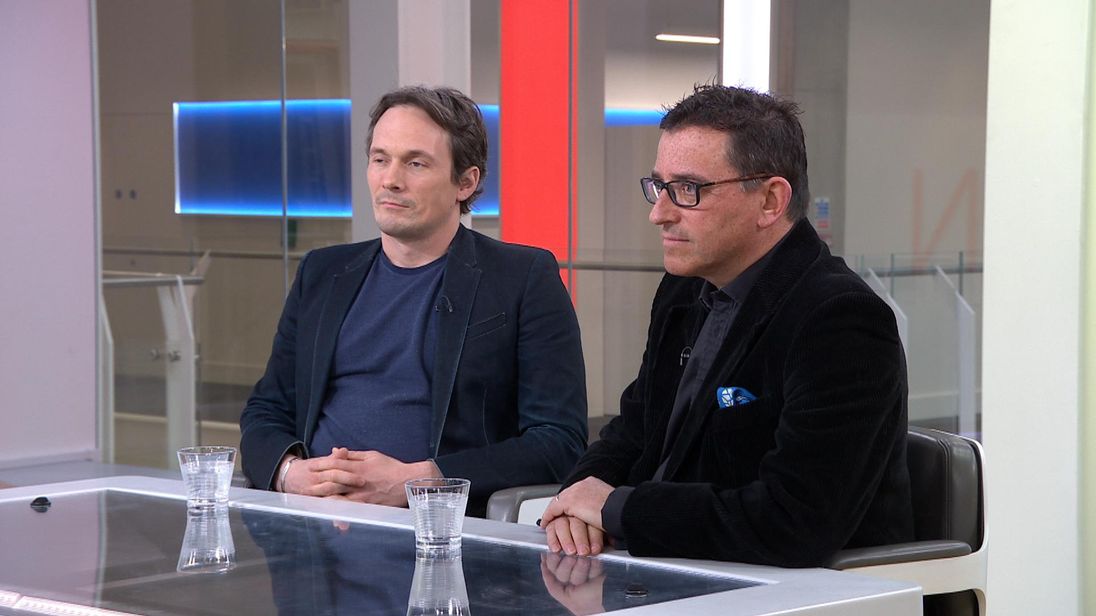The billionaire investor has come under fire after it was revealed he had donated the money, through one of his foundations, to Best for Britain.
Mr Soros has hit back at what he described as "toxic personal criticism" and dismissed accusations that he was "undermining democracy".
He has told how the organisation had his "wholehearted support", and insisted he had never kept his opposition to Brexit a secret.
Writing in the Mail on Sunday, he said: "The fact that conditions are unsatisfactory does not mean that they can't get worse. That is what has happened in Britain.
:: EU negotiator Michel Barnier warns Brexit transition period 'not a given'
"Before the referendum Britain was doing better economically than the rest of Europe. But this has now been reversed, with Continental economies powering ahead while Britain lags behind."
Mr Soros, who was born in Hungary and is one of the world's richest men having made a billion dollars betting against sterling on Black Wednesday in 1992, said Britain would "lose much of its global influence" outside Europe.
He added: "To make matters worse, the divorce process will preoccupy both Britain and Europe for years ahead, when they should be uniting to resist external enemies like Putin's Russia and resolve the internal contradictions that made some people regard the EU as their enemy."
Mr Soros said Brexit had divided the country, turning young against old and that young people had become disillusioned with democracy after older votes "overruled" them in the referendum.
He said he was a "proud supporter" of Best for Britain and he said the effect of the uncertainty created by Brexit would become "painfully obvious" in the coming six months when negotiations entered the "most contentious phase".
The Daily Telegraph first reported Mr Soros's donation to Best for Britain in a story written by a team including Theresa May's former chief of staff Nick Timothy, who backed the Leave cause.
Mr Timothy used his column in the newspaper to claim that Best for Britain wanted to bring down Mrs May's government.
He wrote: "The objective is to convince MPs to vote against the deal Theresa May negotiates with Brussels, regardless of its content and despite the risk that doing so could mean Britain leaves the EU with no alternative agreement in place."

